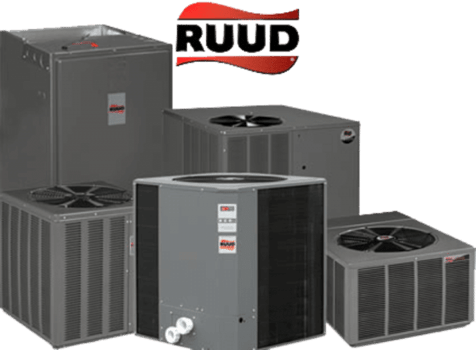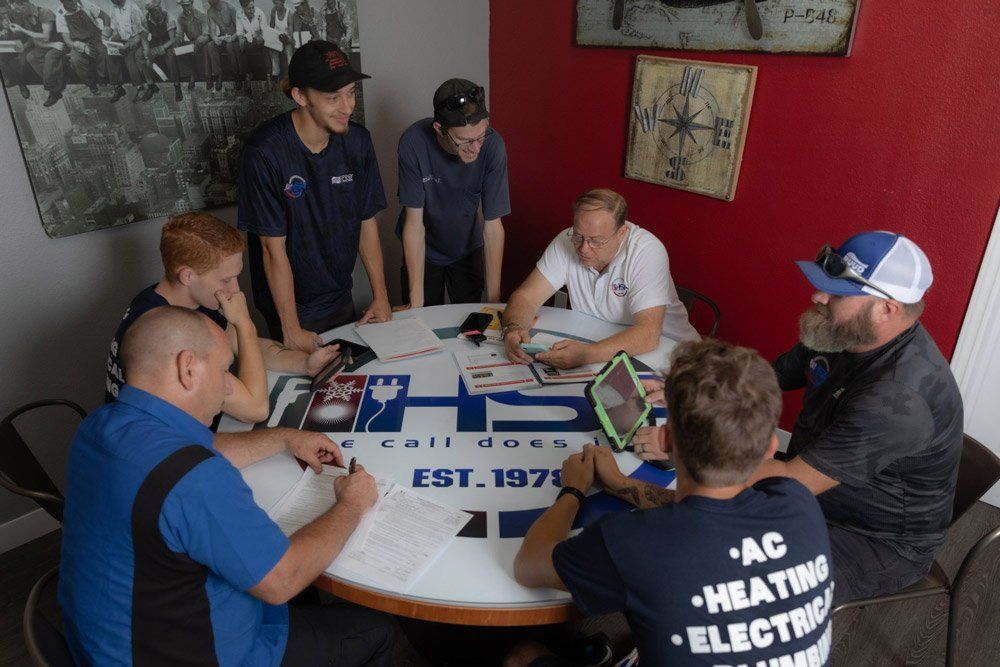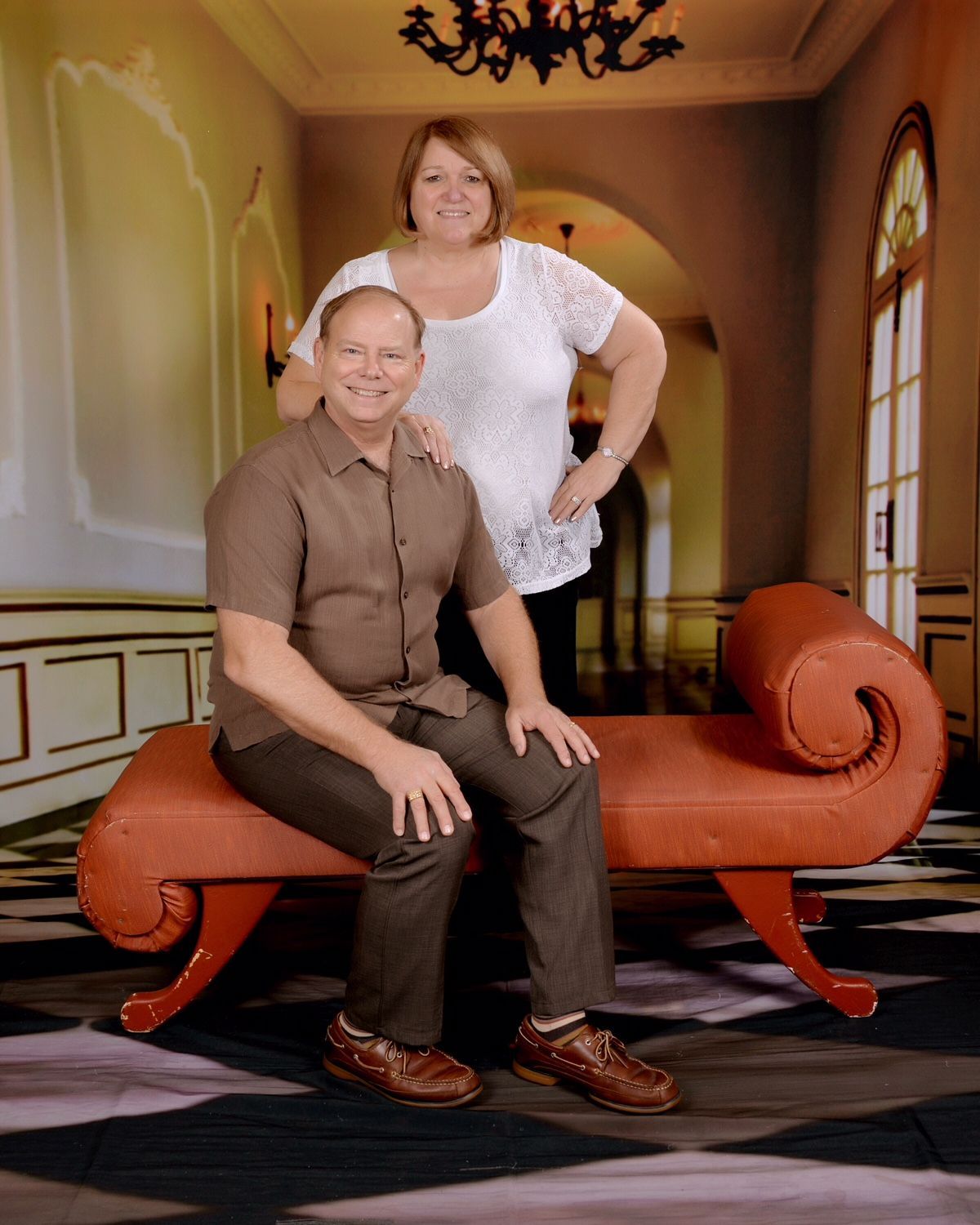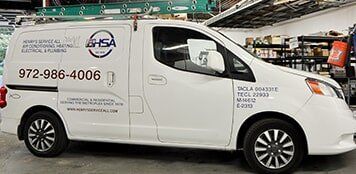Possible Causes of Flickering Lights

A flickering light in your house can be a minor electrical issue or a dangerous malfunction, and you won't know how serious the problem is without a diagnosis. Below are some of the common reasons lights sometimes flicker.
Loose Connections
A good electrical connection maximizes contact between two electrical conductors. A loosening of the connection reduces the area in contact. The reduced contact increases electrical resistance, which means reduced current flow. Here are some of the connections that usually loosen and make lights flicker:
- The connection between the bulb and its socket
- The connection between the plug and its socket (for a plugged-in lamp, such as a desk lamp)
- The connection between circuit wires and the light switch
- The connection between the supply lines and the electrical panel
- Connections outside the home (for example, if a storm downs the power line)
In case the problem is in a single circuit, then only the affected light will flicker. Problems at the panel or outside the home can affect all the lights in the house.
Faulty Switch
A light switch consists of an electrical contact that opens to cut off electrical current or closes to allow electricity to flow. The contact won't open or close like normal if it sticks, bends, or experiences damage. If that happens, the electrical current that passes through the switch will reduce, and the light will flicker. In this case, only the light that the switch controls will flicker.
Faulty Panel
The electricity that powers your house must pass through the main electrical panel. Thus, a malfunction at the panel can affect any part of your house, including the lights. For example, if water gets into the panel, it can cause a short circuit that might cause some of the bulbs to flicker.
Corrosion
Corrosion restricts the flow of electricity in two main ways. First, corrosion eats into metal and reduces its effective size — the size reduction translates to higher resistance (which means reduced current flow). Secondly, corrosion can insulate the surfaces of electrical contacts at connection points.
Water exposure, physical damage, and aging increase the risk of corrosion. The light switch, electrical panel, and light sockets are parts of the light circuit that are susceptible to corrosion. The corroded point determines which lights are affected.
Supply Fluctuation
A problem in the utility company can also cause lights to flicker in the house. For example, utility companies sometimes intentionally reduce electricity supply if the demand exceeds supply; this is called a brownout. Your lights might flicker if the brownout targets your area. The risk of flickering lights is even higher if you have multiple electrical appliances plugged in during the brownout.
Electrical Overload
Light bulbs require a certain amount of electricity to operate. The lights will flicker if they only get the required power intermittently. A circuit overload can reduce electricity flowing to the bulb, causing it to flicker. Here are some examples of electrical overloading:
- A neighborhood-wide overload that occurs during peak demand when most of your neighbors have plugged in heavy loads.
- An internal overload that occurs when you run a heavy electrical load, such as a dishwasher.
- An internal overload that occurs if a malfunctioning appliance, such as a washing machine, draws more electricity than usual.
Occasional flickers that occur due to high electrical demand are normal. You should only worry if the flickers become common or don't go away with time.
As you can see, you should not ignore flickering lights in your house — the flicker might be a sign of deeper problems. Henry's Service All can diagnose and fix any electrical problem you might have. Talk to us about your electrical needs, and we will be glad to offer you professional solutions.










